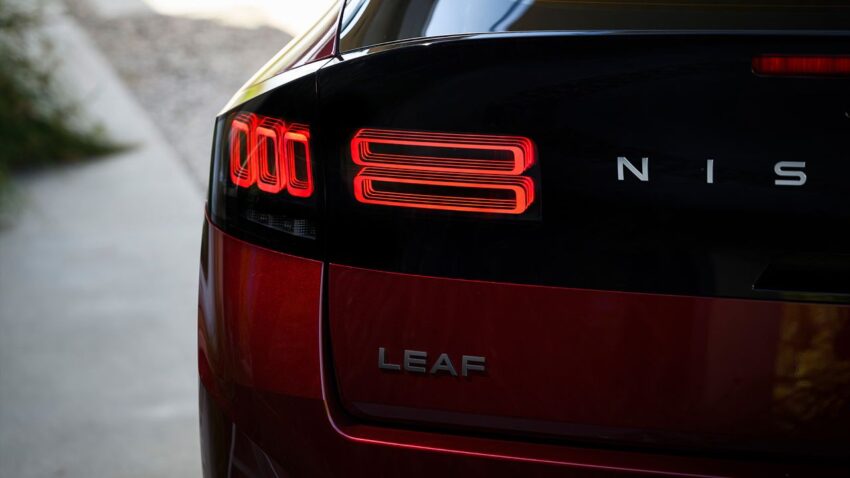**Nissan Partners with LiCAP Technologies to Accelerate Mass Production of Solid-State Batteries**
Nissan has joined the growing list of automakers and battery manufacturers making significant strides in all-solid-state battery (ASSB) technology. The company recently secured a partnership with US-based LiCAP Technologies, a firm known for its innovative “Activated Dry Electrode” technology. This novel method promises to reduce reliance on the expensive and toxic traditional “wet electrode process,” potentially streamlining battery production.
In addition to this partnership, Nissan has already opened pilot assembly lines for solid-state batteries at its Yokohama plant earlier this year. Prototype cells produced on these lines have reached key performance targets required for mass production. With these advancements, the commercial rollout of Nissan’s solid-state batteries could arrive within the next couple of years.
—
### The Race for Solid-State Battery Dominance
The all-solid-state battery race is intensifying, with major players like Toyota, Mercedes-Benz, and Chinese battery giants CATL and BYD making their own public claims about breakthroughs. Just last week, Toyota announced plans to mass-produce solid-state batteries by 2027, promising faster charging speeds, improved electric range, and enhanced battery longevity.
Meanwhile, China’s SAIC Motor, owner of the MG brand, has brought a semi-solid-state battery to market in the new MG4. However, its performance still falls short of the ambitious targets set by fully solid-state battery technology.
—
### Challenges for Consumers and Automakers
Despite the excitement, there are concerns within the industry. Many worry that automakers may halt development on current EV battery chemistries as they await the arrival of commercially viable solid-state batteries. This could slow the release of new EV models, resulting in consumers holding off on purchases.
For example, Nissan recently stopped selling its Ariya EV in North America due to slow uptake and tariff-related challenges, leaving the all-new Leaf as its only EV offering in the US market. Nissan’s lineup outside North America includes the Micra, heavily based on the Renault 5 EV, and the updated Leaf — a lineup that doesn’t yet fully support rapid electrification for all customers.
Honda faces a similar situation, seemingly waiting for its upcoming 0 Series models and solid-state battery technology before making a major push into electric vehicles. This trend suggests that new EV introductions from established automakers could remain limited over the next few years.
—
### Looking Ahead
Nissan’s partnership with LiCAP Technologies and progress in pilot production mark important milestones in the journey toward widespread adoption of all-solid-state batteries. If successful, this technology could revolutionize electric vehicles by offering longer ranges, faster charging times, and longer-lasting battery packs.
As the competition heats up, consumers and industry watchers alike will be watching closely to see which manufacturers can bring solid-state batteries to market first—and how quickly these breakthroughs translate into available electric vehicles.
—
*Follow TechRadar for more updates on EV technology and battery innovations. Don’t forget to click the Follow button!*
https://www.techradar.com/vehicle-tech/hybrid-electric-vehicles/nissan-edges-closer-to-solid-state-battery-breakthrough-but-this-ev-race-could-have-one-big-downside
